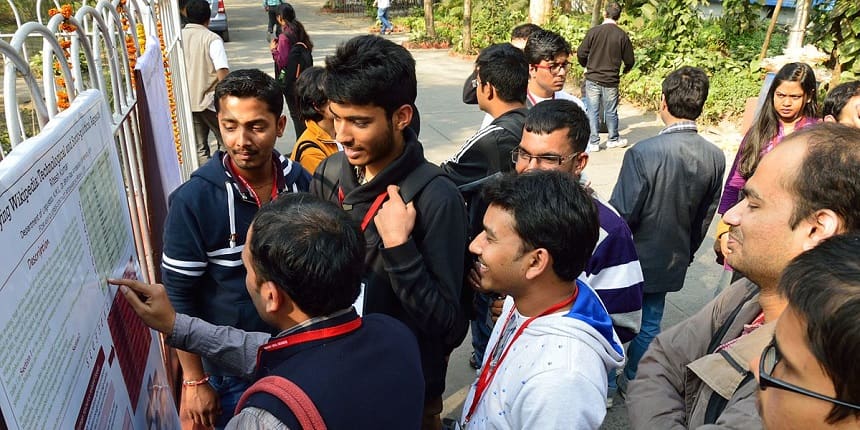Budget 2024: Academia want higher allocation for research, GST cut in learning programmes
Vagisha Kaushik | July 19, 2024 | 05:38 PM IST | 3 mins read
India budget 2024 will be presented by union finance minister Nirmala Sitharaman.

NEW DELHI: Professors, institute heads, and other academia expect an increase in allocation to research and development, funding for universities, and reduction in GST rates on higher education programmes in the upcoming budget 2024.
Ramakrishnan Raman, vice chancellor, Symbiosis International University (SIU), "With the upcoming 2024-25 budget, I anticipate visionary strategies that significantly boost the financing for higher education. This includes enhanced support through innovative financial mechanisms and broader investment avenues to ensure sustainable development and increased accessibility in our education system.”
Bipin Sony, assistant professor of economics and finance in the School of Liberal Arts and Design Studies at the Vidyashilp University (VU) feels that in order to compete in the global markets and to maintain competitiveness, India’s higher education needs a substantial revamp and a higher allocation of at least 6 percent of GDP. The professor demands an increased allocation to research and development in universities to compete with economic ‘powerhouses’ such as China and the United States (US).
“Equipping our universities is crucial for achieving this goal specifically through industry-academia collaborations. Importantly, to drive innovation, research funding should strategically target emerging fields across disciplines and align with policies of the government like Make in India or Digital India,” he said.
Professor Sony finds it essential to upskill and reskill the workforce. He thinks that it would be right to cut the GST on professional training, vocational programmes, and e-learning platforms as the current tax limits to these services given the low income of the vast majority.
Higher education funding
The assistant professor further noted that there is a remarkable disparity in higher education funding. Centrally-funded institutions get a significant share, while state universities and colleges are running short of funds to recruit quality faculty, maintain essential infrastructure, and develop the innovative labs and libraries required for a modern education system, he added.
Suggesting the solution, he said, “We need to rethink the funding model. One potential solution is for the central government to establish grant programs for state universities and colleges, dedicated only to high quality scientific research in newly developing fields aligned with the idea of Viksit Bharat.”
Research grants, admission process
Professor Anand Achari, principal, VES College of Architecture said, "As we eagerly await the Union Budget, it is clear that prioritizing education is fundamental to shaping our nation's future. Allocating 8% of GDP to education reflects a strong commitment to cultivating a knowledgeable society capable of driving innovation and progress. By extending research grants to private institutes alongside government colleges, we stimulate innovation across diverse fields such as architecture, ensuring that all educational institutions contribute to our research ecosystem.”
The initiative to bring together technology resources and streamline admission processes under 'One Nation, One Admission' is a crucial stride towards ensuring equal opportunities for students nationwide, the principal said. This approach not only bridges the gap between urban and rural education but also enhances accessibility to educational resources for all learners, regardless of their background, he added.
“Integrating yoga and meditation into the education system further emphasizes our holistic approach to student development, promoting both physical health and mental well-being. By embedding these practices into the curriculum, we not only nurture healthier individuals but also cultivate a more resilient and balanced society,” the professor further said.
Follow us for the latest education news on colleges and universities, admission, courses, exams, research, education policies, study abroad and more..
To get in touch, write to us at news@careers360.com.